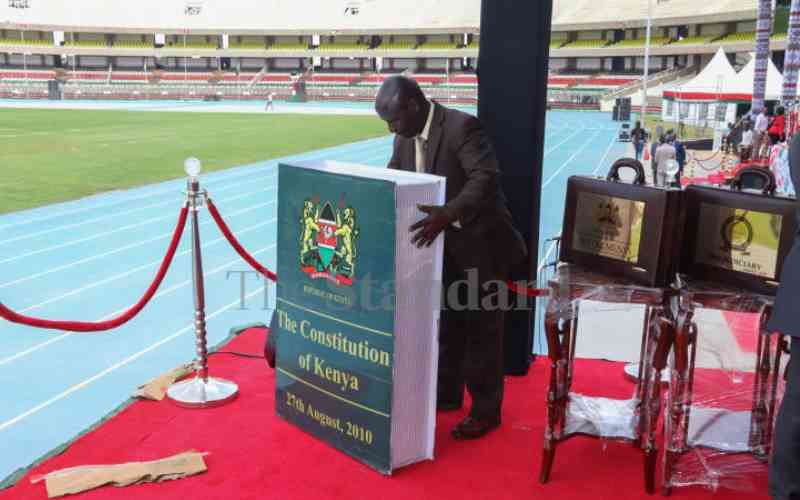×
The Standard e-Paper
Home To Bold Columnists

Several reports on the performance of South Africa's Chapter 9 institutions should make us reflect on the performance of Kenya's equivalent institutions, our Chapter 15 commissions.
The South African and Kenyan institutions were formed out of a recognition that the existing institutions to hold government accountable, were not sufficient.